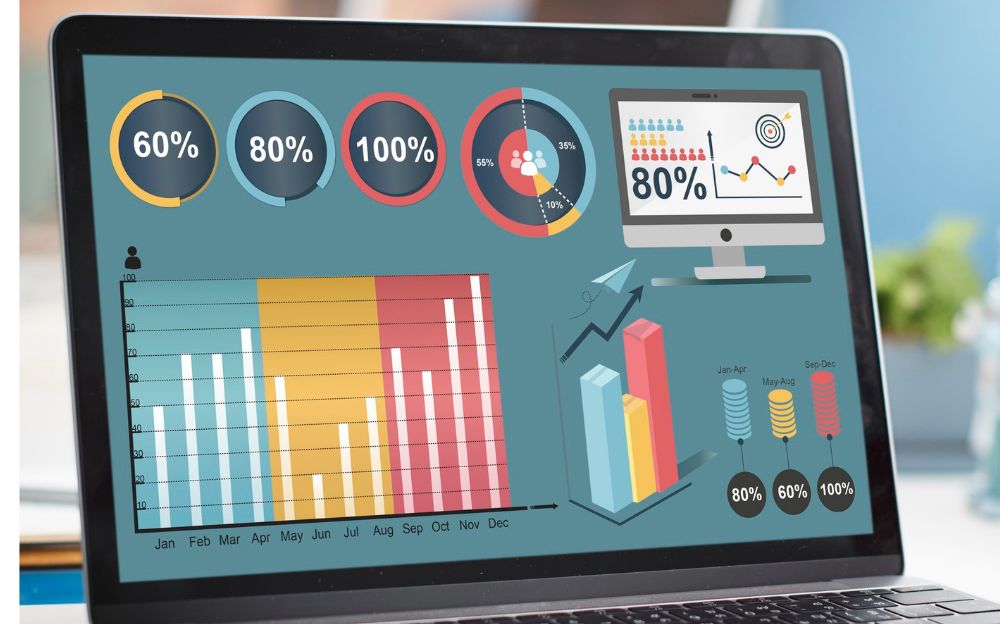A successful website is far more than just a ‘pretty face’. Rather, a successful website entails collecting and tracking analytics and measuring them against your business’s goals. This wealth of reliable data will really help you understand your website’s performance and whether it is In measuring up when it comes to traffic, leads, sales and overall credibility.
So what is website analytics?
Website analytics refers to the collecting, collating and measuring of data on your website activity. When understood well, the analytics give you insight into how customers are interacting with your website. In order to track these analytics you have to insert a little snippet of code into your site’s backend which then activates the tracking of user (and other) activity on your site. Many website platforms have this capability built in with plug-and-play access to a dashboard.
Why are website analytics useful?
Website analytics are vital for a successful website and can be a determining factor in your business’s overall success. Analytics gives you access to understanding who is visiting your website, where they are based, what they are looking at and for how long. It also helps you understand if your website’s speed, security and user experience are up to scratch. Further to this, you can also use it to understand which marketing campaigns have been successful, which products garner the most attention and generally understand what is and isn't working. This information is critical in order to understand where you need to improve and how to measure the impact of your business efforts.
What metrics should be tracked on your website?
This would largely depend on the goals of your website and business. For example, you may want to make direct sales on your site or you may want to just generate leads or collect registrations. Generally, though, there are nine key metrics which are particularly important across any website:
- Sessions: The number of visits to your website and how the users have accessed you.
- Page views: This collates single views of each page and refers to the total number of times that each page on your website has been viewed globally.
- Percentage of new sessions: This helps you understand if your marketing efforts are reaching new visitors.
- Unique page views: This collates the number of pages a certain page is viewed per visit.
- Traffic sources: In order to better understand your audience, this metric will help you understand where you are getting traffic from - like an organic source, direct input from your website or via social media.
- Conversion rate: This refers to how successful a completed action is on your website and is measured differently depending on your business.
- Bounce rate: This helps you understand how long people are spending on your website and how quickly they leave.
- Views by page: This helps you understand which page is the most engaged with and will help you understand what customers are looking for.
- Average engagement time: This measures the length of time a visitor spends on your site.
What analytics tools are out there?
Google Analytics is the most popular tool but it is far from your only option. There are other great marketing platforms like Hubspot and Marketo and these are great as they have a built-in analytics component with basic metrics. If you are looking for a more product-oriented tool then consider Mixpanel or Amplitude which have more of a product usage analytics focus. Then there are also SEO-focused website analytics tools like Moz and SEM Rush which are recommended for measuring page ranking and traffic.
The bottom line
You can really improve your website and overall business performance by harnessing the power of website analytics. The trick is to really understand how to use this information in order to improve your customer service, sales and more. Understanding what you are needing to get out of the metrics is a start, followed by identifying the right tools for your business and then really working that information in order to better your business. So to fund your website’s growth in the next 48 hours, contact Merchant Capital today.

